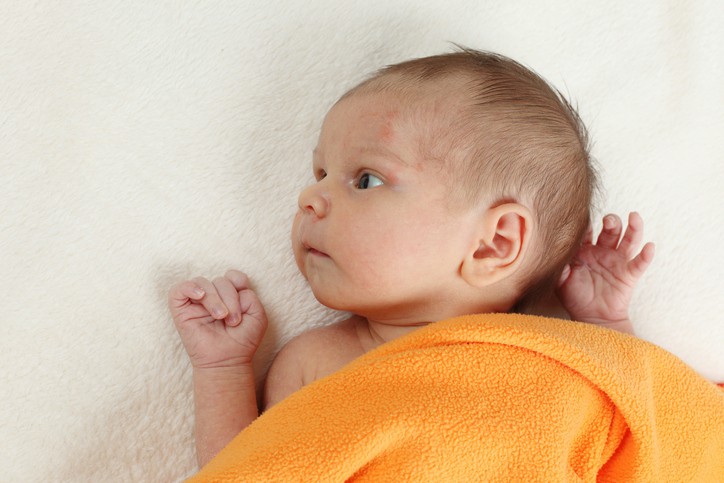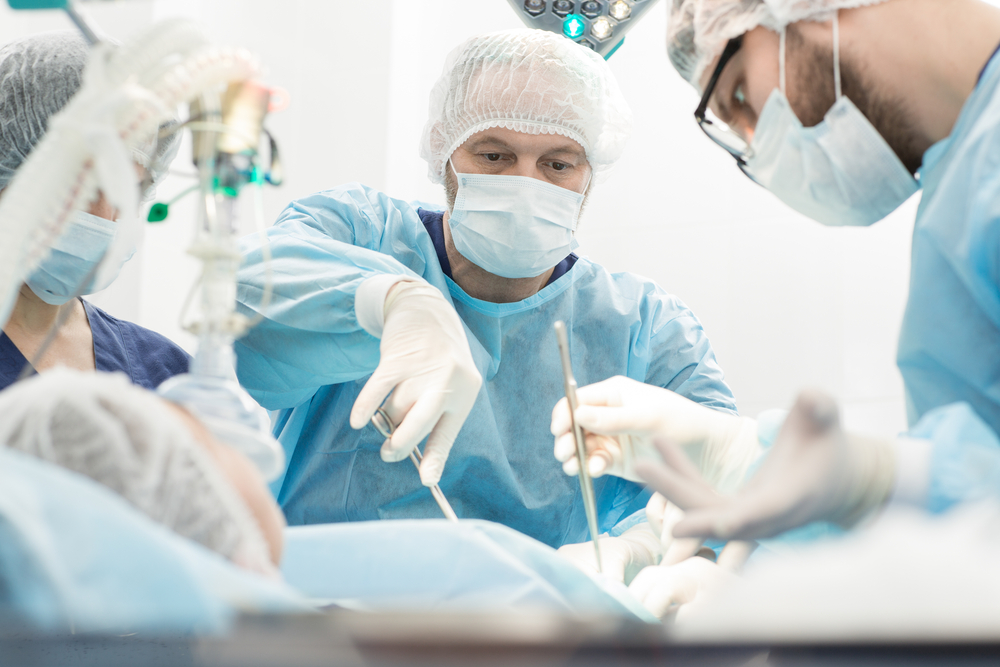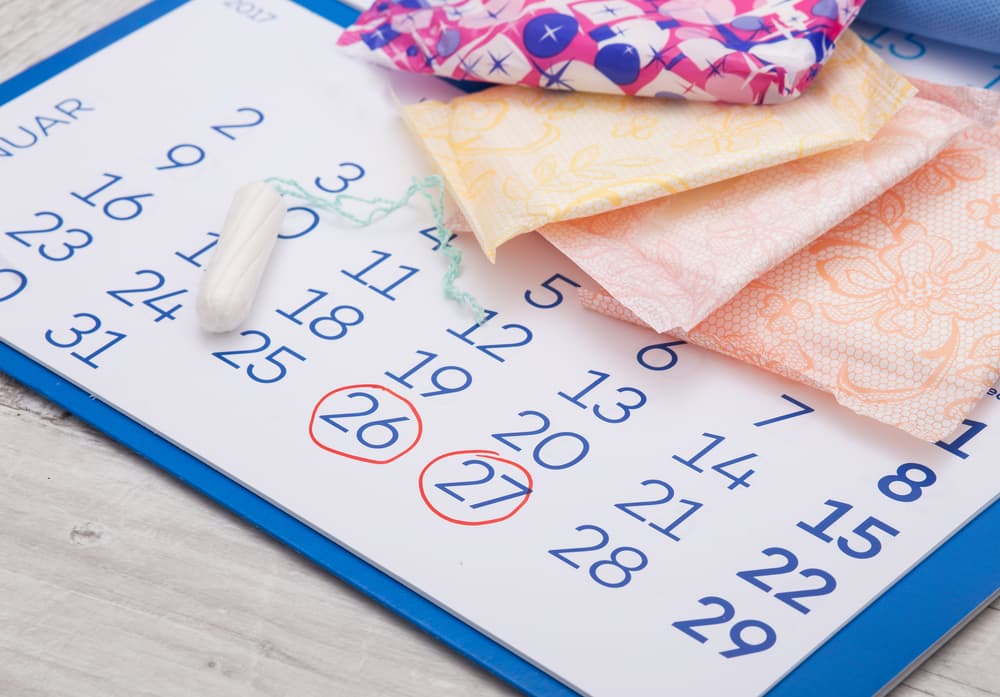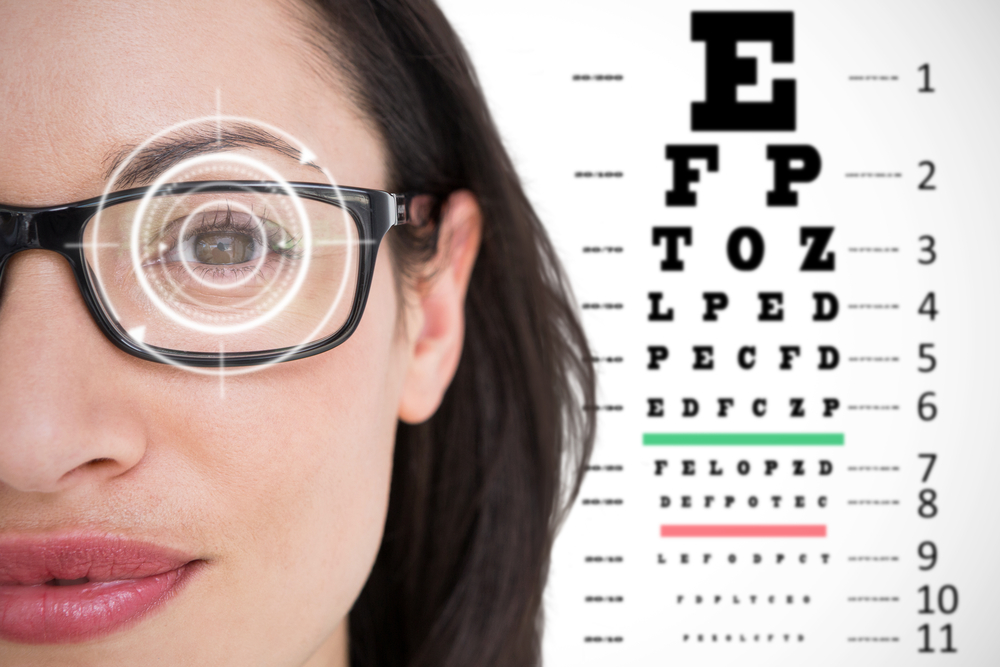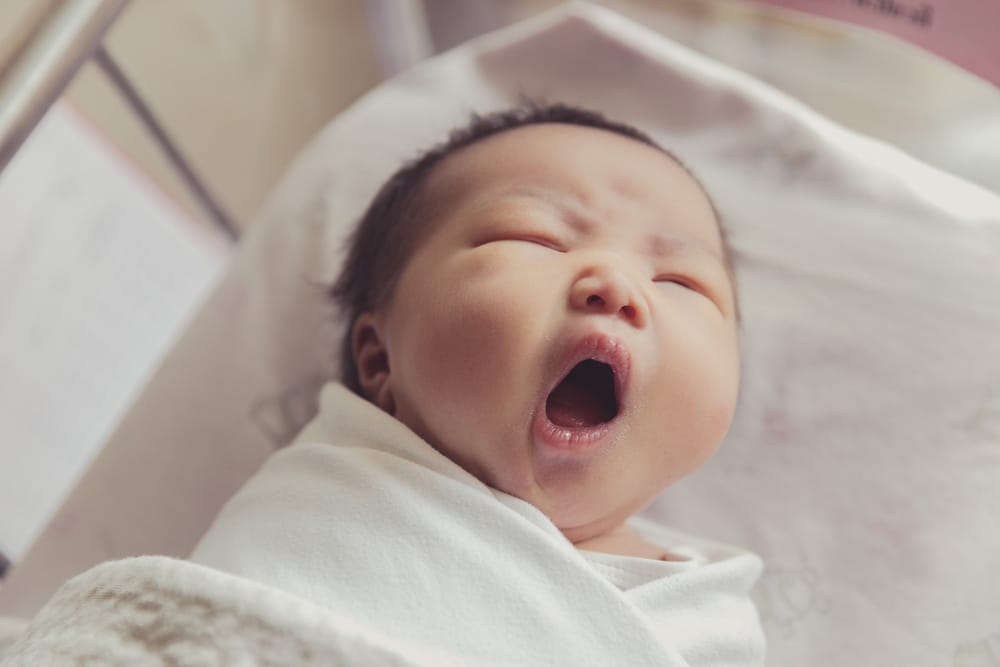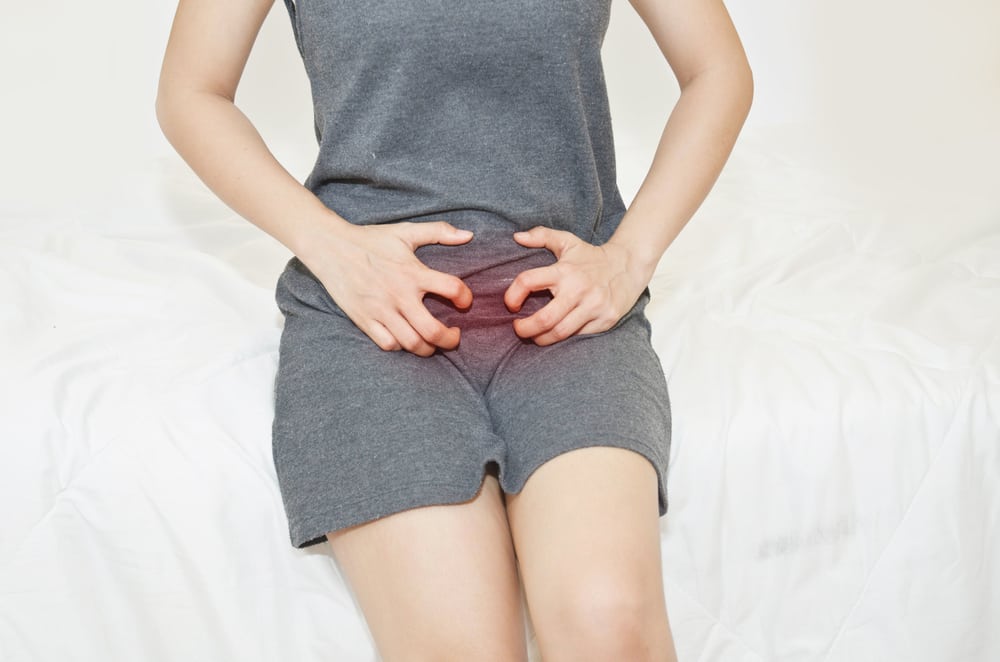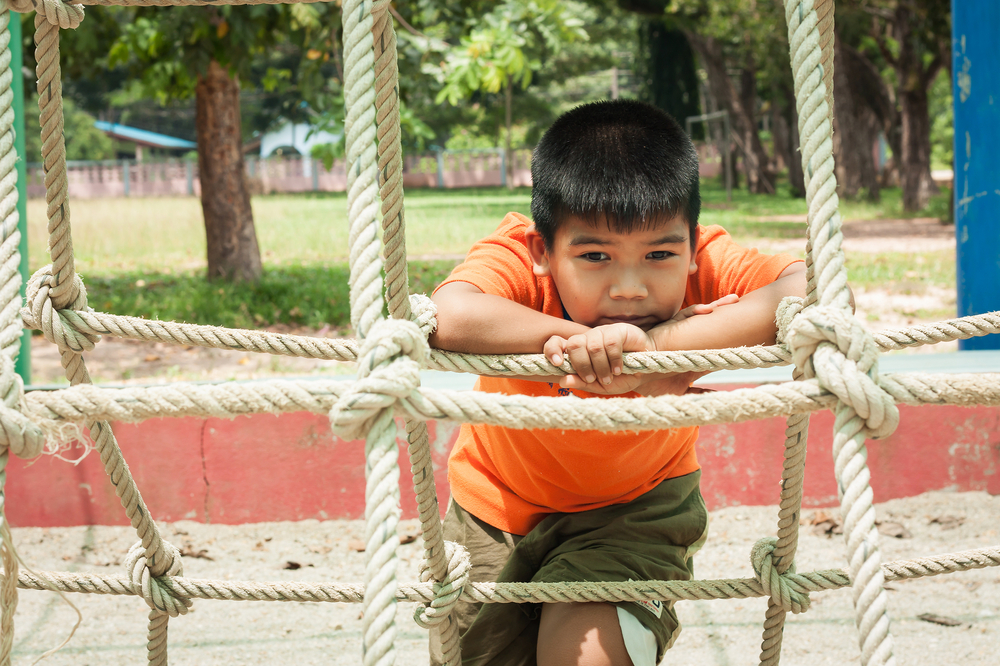Contents:
- Medical Video: Labor And Delivery Child Birth | Manipal Hospitals
- Break
- Maintain food intake
- Pay attention to the condition of the vagina or surgical scars
- Vaginal care
- Caesarean wound care
- Back to active sports
- Postpartum emotional condition
Medical Video: Labor And Delivery Child Birth | Manipal Hospitals
After giving birth, mothers must also maintain their health. Both women who give birth by the normal method of the vagina, or by caesarean section, both need treatment after childbirth. What are the post-natal care that must be done? Here it is self-care that you should pay attention to, from the question of resting to managing mood.
Break
Postpartum rest is very important for the mother. To avoid excessive fatigue, reported from the Healthline page, mothers should:
- Sleep when the baby is sleeping (but make sure the baby is safe and comfortable).
- Position your mattress close to the baby's bed so that it's easy to breastfeed at night.
- Ask someone else for help for a few days to clear the house so you can rest longer.
- Sharing assignments with husbands, for example, who gets the schedule to bathe the little one.
Maintain food intake
One of the postnatal care that you should not miss is meeting your nutritional needs. Yes, getting the right nutrients after giving birth is very important. Because, nutrients in the body of the mother are needed for the next phase, namely breastfeeding. Even, nutritional needs and mother's milk (ASI) has started to increase since the mother was still pregnant.
- Carbohydrate: During the first 6 months of breastfeeding, the mother's carbohydrate needs increase by around 65 grams per day, equivalent to adding 1.5 servings of rice. If you usually consume 3 servings of rice in one day during pregnancy, you need to add it to 4.5 servings during breastfeeding.
- Protein: The protein needs of breastfeeding mothers also increase. Nursing mothers need more than 17 grams of protein than before. This is equivalent to adding at least 1 portion of meat and 1 portion of tempeh to the food of a nursing mother.
- Water: Pregnant women are recommended to consume more than 8 glasses of water per day. Make sure you drink 12-13 glasses of water per day.
Pay attention to the condition of the vagina or surgical scars
Vaginal care
Postpartum, there will be various changes to your vagina. After giving birth, the vagina will get injured, and it will take several weeks to dry and recover. If it is still painful, even when you want to sit, use a soft pad as your seat.
In addition, the vagina will also feel dry. This is one of the things that naturally happens after giving birth. This happens because of a decrease in estrogen levels in the body.If your dry vagina does not improve for more than 12 weeks, talk to your doctor.
After giving birth, your bladder will usually fill up quickly with all the fluid that is removed from the kidney, so it is important for you to urinate immediately after giving birth. Don't make it a habit to postpone it.If you cannot urinate a few hours after giving birth, you will be paired with a catheter to drain urine from your bladder.
You also need to pay attention to the condition of your vagina, if there is fluid coming out of the vagina accompanied by fever and an unpleasant odor, immediately consult your doctor.If there are no such problems, the vagina will improve itself as before.
Caesarean wound care
In the mother who gave birth with caesarean section, changes that occur will be different from mothers who give birth normally. In mothers who give birth by caesarean section, there is an incision wound in the lower abdomen.
This incision will feel very painful or painful when moving and moving. Then, wAnita who gives birth by the caesarean method must maintain all her movements. For example, when laughing, when taking things below, even when sneezing and coughing.Avoid all activities that make shocks to the incision wound, especially suddenly.
It is important to keep the surgical wound clean and dry to avoid infection, bruising, or irritation in the sutures around the wound.
The pain after giving birth to Caesarean will have a longer healing process compared to birth from the vagina.Therefore, women who give birth by this method are advised to avoid excessive exercise, lift heavy weights, drive, have sex, and climb stairs for 6-10 weeks after giving birth.
If there are signs of increasing pain, bleeding, coughing or shortness of breath, swelling or pain in the lower legs, the part of the incision is getting redder and there is pus, see your doctor immediately.
Back to active sports
Postpartum, indeed the appearance of your stomach does not immediately automatically deflate. You may still look pregnant for several weeks, even months. This is because the abdominal muscles stretch during pregnancy, and it takes time to get back as tight as before.
Exercise after giving birth a regular can help speed up the recovery of your body shape. For example, take a leisurely stroll in the morning for 20-30 minutes. Of course, the ability to exercise depends on each condition. Women who give birth by caesarean section and are normal will have different times to start sports activities.
After giving birth, your weight will certainly decrease by around 5-7 kg, this varies from person to person.This decline will ideally occur gradually over several months. Don't expect or try to lose weight drastically. Especially if you are breastfeeding. The physical condition of the mother can affect the supply of breast milk for the growth of children.
Postpartum emotional condition
Treatment after delivery does not only cover physical health. Your mental condition also needs attention. After giving birth, a mother can experience emotional changes. Many new mothers experience baby blues after giving birth.
This will affect hormones, anxiety when caring for the baby, and also time to sleep. If left to drag on until you experience sadness for more than 2 weeks, this condition can make a mother experience postpartum depression. Immediately consult a doctor if this happens.


